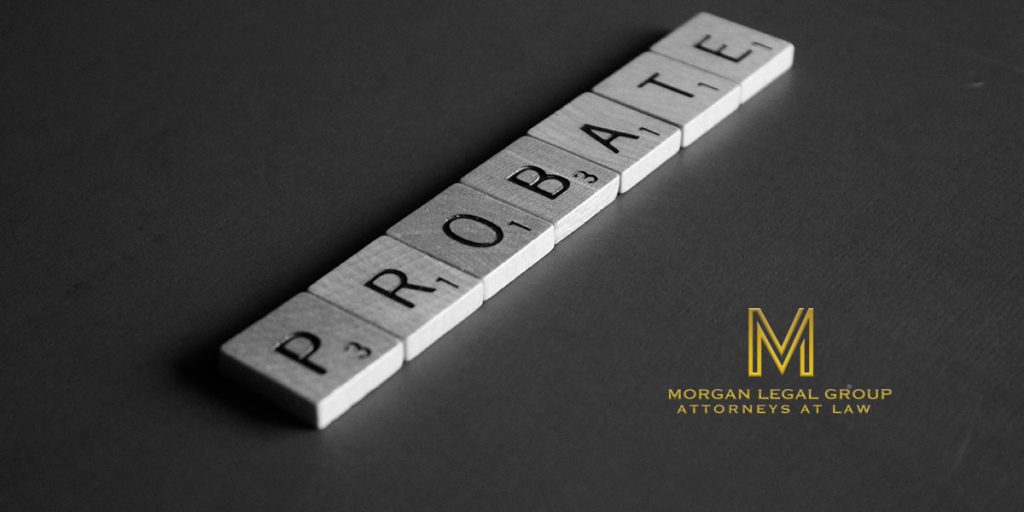Introduction
Welcome to Morgan Legal Group P.C., your trusted legal partner in New York City. In this comprehensive guide, we will explore the intricate process of probate in New York, shedding light on its significance, the steps involved, and how our experienced attorneys can assist you in navigating this often complex and emotional journey.
Understanding Probate
Probate is the legal process that occurs after an individual passes away. It involves the validation and execution of their will, or if there is no will, the distribution of their assets according to state laws. The primary goals of probate are to settle the deceased person’s financial affairs, ensure their debts and taxes are paid, and transfer their assets to beneficiaries or heirs.
The Probate Process
The probate process can be intricate, involving various steps and legal requirements. While each state, including New York, has its specific probate laws and procedures, there are common elements in the process:
1. Filing the Petition
The probate process typically begins with filing a petition in the appropriate New York probate court. If there is no will, the executor named in the will or an interested party does this. The court reviews the petition and, if deemed valid, appoints an executor or administrator to oversee the process.
2. Notifying Beneficiaries and Creditors
Notice is given to beneficiaries named in the will and, if required, to potential heirs. Additionally, creditors of the deceased are notified, and a period is provided for them to make claims against the estate.
3. Inventory and Appraisal
The executor or administrator compiles an inventory of the deceased person’s assets, which may include real estate, financial accounts, personal property, and more. These assets are appraised to determine their fair market value.
4. Payment of Debts and Taxes
Before distributing assets to beneficiaries, the estate’s debts, including outstanding taxes and creditors’ claims, must be paid. This can involve selling assets to cover these expenses.
5. Distribution of Assets
Once debts and taxes are settled, the remaining assets are distributed to the beneficiaries according to the terms of the will or state intestacy laws if there is no will.
6. Closing the Estate
After all assets have been distributed and all legal requirements are met, the executor or administrator petitions the court to close the estate. Once approved, the estate is officially closed.
New York Probate Court
In New York, probate matters are handled by the Surrogate’s Court in the county where the deceased person resided at the time of their death. Each county has its own Surrogate Court responsible for probate and estate-related issues.
How Morgan Legal Group P.C. Can Assist You
Probate can be a challenging and emotionally taxing process, especially for those who have lost a loved one. At Morgan Legal Group P.C., we are committed to providing compassionate and expert legal guidance to our clients during this difficult time. Our probate services include:
Estate Administration
We assist executors and administrators in fulfilling their responsibilities, ensuring that the probate process is completed efficiently and in compliance with New York laws.
Will Contests and Disputes
If there are disputes over the validity of a will or concerns about the actions of an executor or administrator, we provide legal representation to protect our client’s interests.
Probate Litigation
We are experienced litigators who can handle probate-related disputes, such as challenges to a will’s validity, claims against the estate, and contested distributions.
Estate Planning
To help individuals and families avoid the complexities of probate, we offer comprehensive estate planning services, including the creation of wills, trusts, and other estate planning documents.
Contact Us Today
If you are facing the probate process in New York or need assistance with any estate-related matter, Morgan Legal Group P.C. is here to help. Our experienced attorneys are dedicated to providing you with the legal support and guidance you need during this challenging time. Contact us today to schedule a consultation and take the first steps toward resolving your probate or estate planning concerns.









